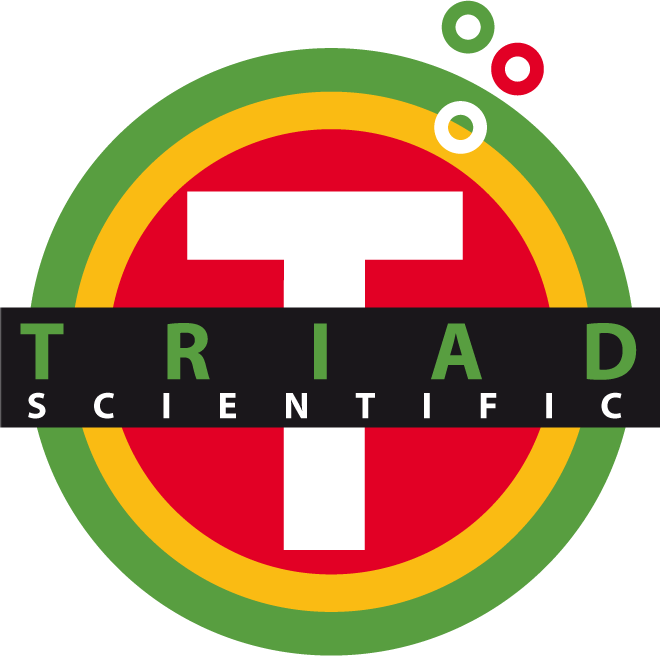Easy handling with minimal sample quantities
Krüss offers three models in the Abbe refractometer AR series. Abbe refractometers are characterised by their easy handling and minimal sample quantities. These devices allow samples in the form of solids or pastes to be measured just as easily as liquids.
The AR2008 is a robust unit, ideal for applications in harsh environments. The refractive index or Brix value and temperature is shown on a LCD display, with a serial interface allowing measured values (date and time) to be transferred to a PC or printer. The AR2008 has automatic temperature compensation, and a thermostat connection of prisms and a built-in light source for the measuring prism. The unit comes complete with a glass calibration plate, contact fluid, screwdriver and a dust hood.
The AR4 offers readings via ocular. It has an adjustable scale, temperature controlled prisms, and thermostat connections for prisms.
Krüss Abbe refractometers are easily calibrated and in full compliance with the requirements of ASTM D1218.
On request we can manufacture your Abbe refractometer with an individual wavelength.
For prices and availability information on the AR series of Abbe Refractometers, please contact your nearest Krüss distributor, who will be delighted to help.
![]() For full technical specifications, please download the brochure here.
For full technical specifications, please download the brochure here.
How does an Abbe refractometer work?
The Abbe is the grandfather of all modern refractometers, having served for over 140 years since its invention in Germany. It still has a place on the laboratory bench because of its simple reliability and its capacity to analyse the refractive properties of solid samples.
The principle of operation is based on the total reflection of an incident beam at the boundary of the sample and the glass prisms between which it is sandwiched. This necessitates that the sample has a lower refractive index than the prism, so prisms are made of high-index glass. Solid samples are coated with a contact fluid of known properties, while samples such as gemstones with very high refractive index are best examined with a specialist gem refractometer.
Another major advantage of the Abbe refractometer, besides solid samples, is its ability to cope with pastes, coloured, and cloudy samples.





